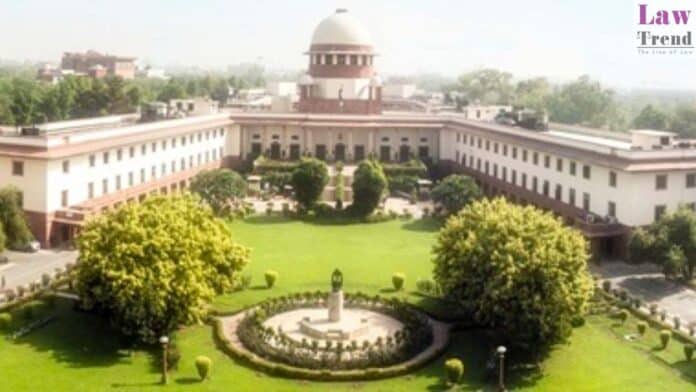The Supreme Court of India on Wednesday postponed the hearing of a contempt plea concerning unauthorized demolitions near the Somnath temple in Gujarat, challenging the compliance of state authorities with a prior directive that bars demolition without explicit court approval.
During the proceedings, Senior Lawyer Sanjay Hegde, representing the petitioner, criticized the state’s justification for the demolitions, asserting that the structures were unceremoniously razed under the pretext of proximity to the Arabian Sea without seeking necessary permissions from the apex court. “Their defense is that the structure demolished was near the Arabian Sea. What prevented them from seeking permission from your lordships,” Hegde questioned the bench.
This legal confrontation follows a series of demolitions carried out by the Gujarat authorities on September 28, where several religious structures and concrete houses were removed as part of an encroachment clearance drive near the historic Somnath temple in Gir Somnath district. The state administration claimed the drive liberated approximately 15 hectares of valuable government land, estimated at Rs 60 crore.
The apex court had earlier issued a stern warning to the authorities on October 4, cautioning that they might be compelled to restore the demolished structures if found in contempt of the court’s September 17 order. This order prohibits any demolition of properties, including those belonging to individuals accused of crimes, across India without judicial consent.
However, the bench declined to establish a status quo on the ongoing demolition activities during the latest hearing, despite the plea for immediate intervention by the petitioners.
The Supreme Court also noted that it reserved judgment on a batch of pleas as of October 1, which calls for national guidelines on property demolitions. This decision is part of a broader contemplation by the judiciary to standardize the procedure and oversight of demolition operations across the country, ensuring they adhere strictly to legal norms and judicial oversight.




